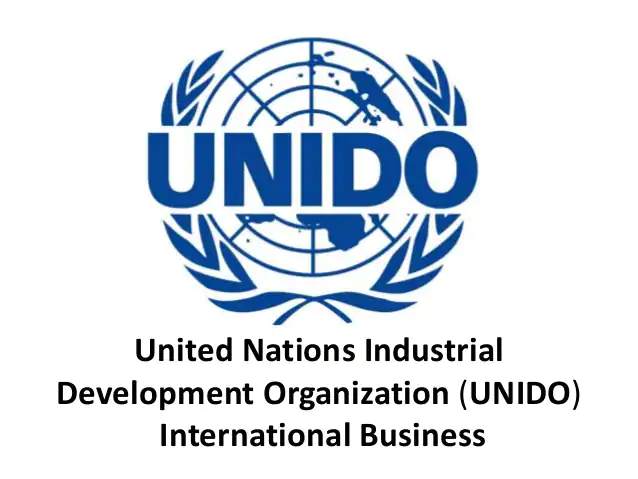The National Programme Coordinator of Environment and Energy at UNIDO, Oluyomi Banjo said by 2025, Nigeria will be the largest producer of mismanaged plastic waste in Africa if no proper action is taken.
Banjo who stated this on Tuesday during the presentation of Implementation Guidelines for the National Policy on Plastic Waste Management to the Minister of Federal Ministry of Environment in Abuja, said with that and other keys indices of Nigeria accounting for 13 per cent total of solid waste and ranked as 9th country having coastlines generating mismanaged plastic waste, it became paramount to develop the Implementation Guidelines for the National Policy on Plastic Waste Management for.
He said the project tagged, “Promoting sustainable plastic value chains through circular economy practices,” is a critical milestone in Nigeria’s journey toward achieving sustainable development and environmental stewardship.
While noting that the project is being funded by the Government of Japan, he said its objective is to reduce plastic leakage into the environment by promoting circular economy principles and practices for effective plastic waste management.
“The anticipated outcome is to demonstrate the benefits of adopting circular economy practices and resource- efficient production within Nigeria’s plastic value chains,” he said.
He said: “The implementation guidelines being presented today represent a collaborative effort to translate policy into action. By providing clear directions for the management of plastic waste, these guidelines offer a roadmap for Nigeria to transition towards a more sustainable and circular plastic economy. The policy will contribute significantly to reducing plastic pollution, fostering responsible consumption, and supporting green innovation across industries.”
UNIDO, according to him, remains committed to supporting Nigeria in promoting circular economy practices with international best standards, saying, “Together, we can create a future where plastic waste is minimized, recycled, and managed in an environmentally responsible manner.”
Speaking, the Minister of Environment, Balarabe Lawal acknowledged the challenges plastic waste poses to the environment, saying, globally millions of tons of plastics are produced each year, with a staggering portion ending up in oceans, dumpsites, streets and drainages.
“This does not only threaten aquatic life but also negatively impacts on our health and well being. Our resilience on single use of plastics has created a crisis hat demands immediate action, innovative solutions and a commitment to change,”
He said the National policy serves as a framework for addressing these pressing issues, adding that policies alone are not enough but the success of the initiative lies in the implementation of these guidelines.
He added that the guideline was developed on the principles of Reduce, Reuse and Recycle and that their strategy will be through education and awareness.
Earlier, the Japan Deputy Head of Mission, Hitoshi Kozaki said the implementing the guideline is a step forward for cleaner Nigeria.
He said the government of Japan is committed to work hand in hand with Nigeria to achieve sustainable cleaner Nigeria and Africa.
In her remarks, the Director of Pollution Control and Environmental Health Department, Engr. Bahijjahtu Abubakar said the guideline is a road map towards creating a greener and sustainable environment.
She however said it remains a document if nothing is done to ensure it is being implemented at the local government level and therefore pleaded with the Japan government to further support the ministry to bring to Abuja the chairmen of Local government councils to cascade the guidelines through a meeting for effective implementation.

 Join Daily Trust WhatsApp Community For Quick Access To News and Happenings Around You.
Join Daily Trust WhatsApp Community For Quick Access To News and Happenings Around You.


